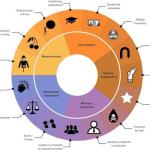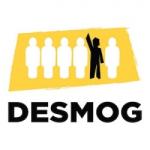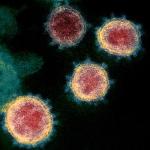The biggest surprise when I became a science communicator nearly 10 years ago was the level of animosity and vitriol aimed at "experts," including scientists like me.
science journalism
A few weeks ago, we received an email from Dutch journalist Jannes van Roermund, who works for the newspaper De Telegraaf.
Like democracy, everybody wants to be on the side of science.
Throughout the month of January, the world was gripped by an unfolding drama. Glued to their television sets and social media accounts, people were sharing news stories and punditry, eager to learn of the latest developments.
Scientists and science writers are urged to participate more in public debates. However, when we do, we often get libeled and slandered.
By Alex Berezow, PhD, Josh Bloom, PhD, Chuck Dinerstein, MD, MBA, and Thom Golab
ACSH is being targeted in a purposeful disinformation campaign by two very sketchy yet influential websites.
Perhaps other than virologists, few people would have predicted that a tiny microbe would dominate global headlines for several months in 2020. It goes without saying that the coronavirus has kept us quite busy.
David Gura, an MSNBC anchor I've never heard of, apparently has a TV show called "Up." And, like most cable TV show hosts, he has opinions.
The Facebook page "I Fu**ing Love Science" became an internet sensation a few years ago, largely because it had nice graphics, engaging headlines, and liberal use of the F word.
McClatchy, a prominent U.S. newspaper chain more than 160 years old, has filed for bankruptcy.












